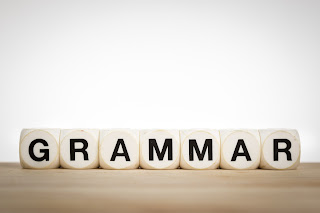What makes informal and formal communication different? Why is this important?
Image by Bhanney1 via Tes.com
Human beings are one of the most social creatures on planet Earth. In order to survive,
we have created multiple ways of communication to express what we need, how we feel, what
we are thinking, etc. We went from drawing images onto cave walls to having access to cell
phones and being able to talk to anyone in the world at anytime. There are two major types
of communication, informal and formal. Formal communication is a way to speak with others in
a professional manner. Whether you are speaking with a coworker or a professor, formal
communication should be used to be respectful. Informal communication is the most commonly
used and it is described as a casual way of speaking to others. An example of this would
be using slang words with a friend or family member. Although communicating with others
can be done in either a formal or informal manner, these two share many differences in
word choice, ways to address someone, and grammar.
Image by Melissa Donovan via Writing Forward
To begin, word choice between an informal and formal dialogue or writing is dramatically different. Formal communication should avoid using pronouns and slang words. When speaking in a formal manner you should also avoid using abbreviations and have properly written sentences. Informal communication often uses slang words and phrases that would be seen as disrespectful or unprofessional in a formal setting.
Image found via AuroraMeyer.com
Secondly, informal and formal situations use different ways to address someone. In a professional setting, it is disrespectful to call someone by a nickname or even their first name in certain scenarios.
If you were to be speaking with a professor, you would address them by their last name with either a
Ms.or Mr.. In a informal setting, any name used to call someone is appropriate because it's not in a
professional or academic situation.
Lastly, grammar in informal and formal writings also have some differences. Grammar should be looked
over thoroughly and more than once to ensure there are no mistakes. It would be very unprofessional to
send an email to an employer or professor that is filled with grammar errors. On the other hand, grammar
in informal writings don't really matter. In a casual situation, bad grammar is not taken as seriously as in
a formal one.
Although communicating with others can be done in either a formal or informal manner, these two
share many differences in word choice, ways to address someone, and grammar. It is important to know
when to communicate in either a formal or informal manner.





Comments
Post a Comment